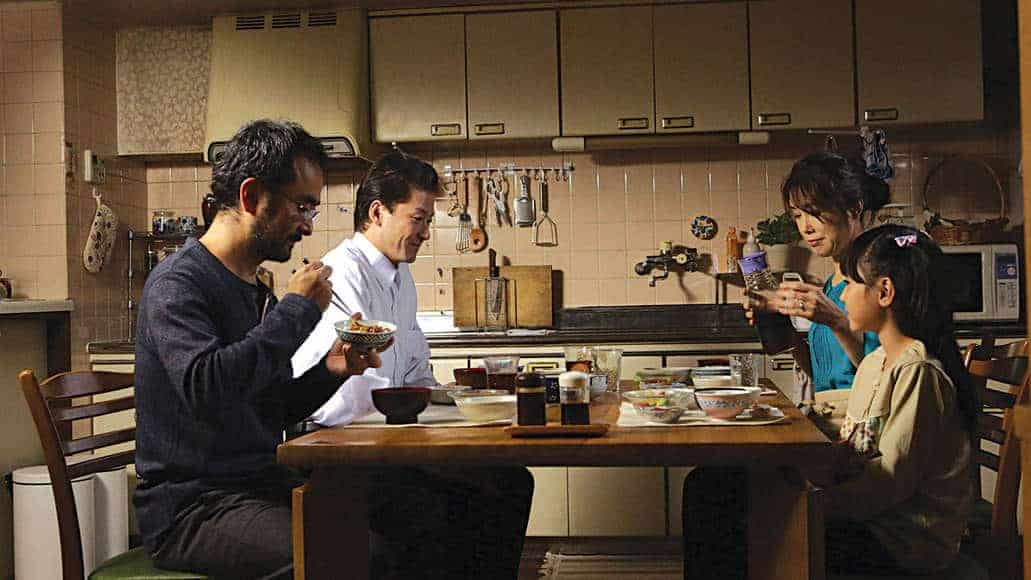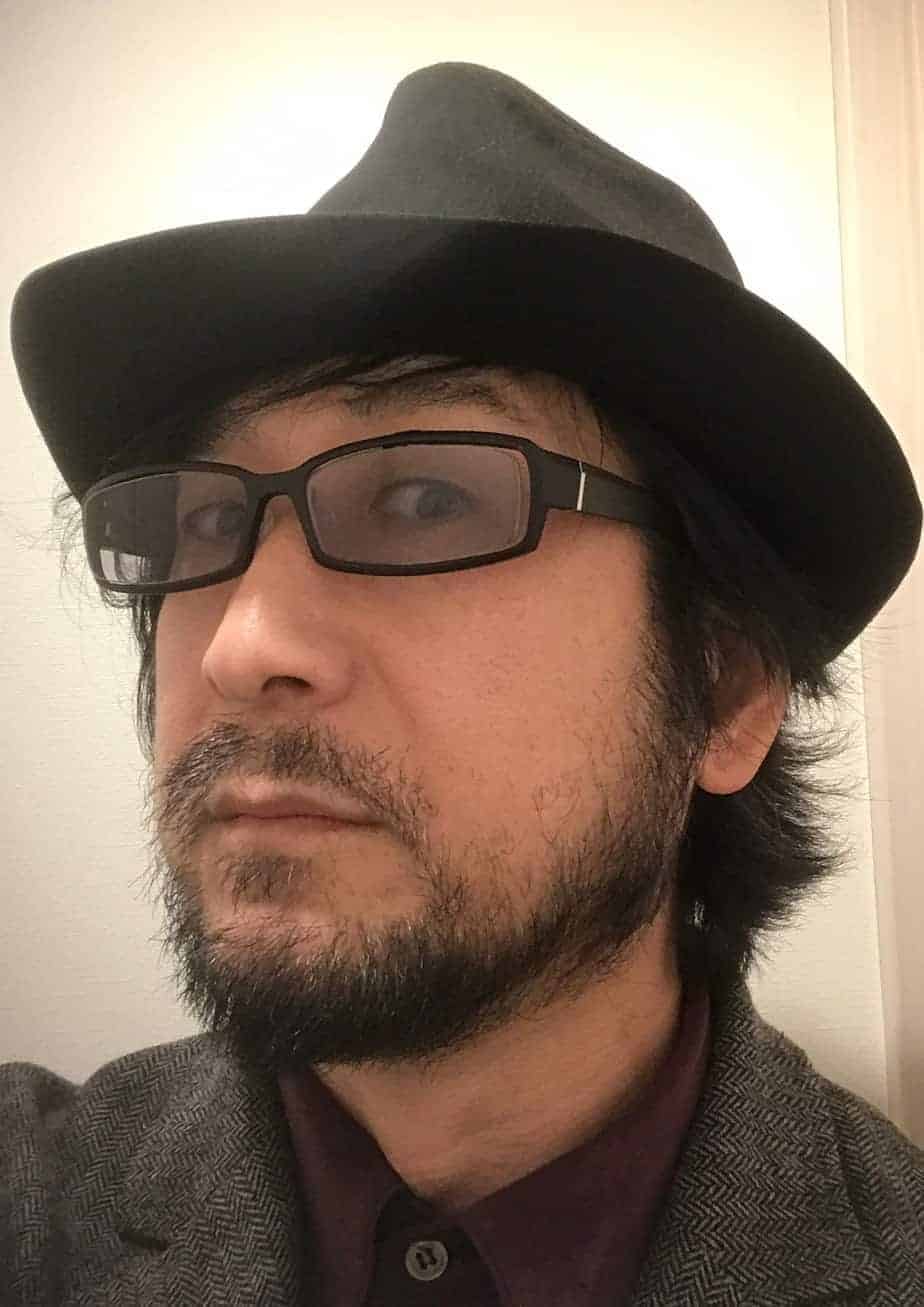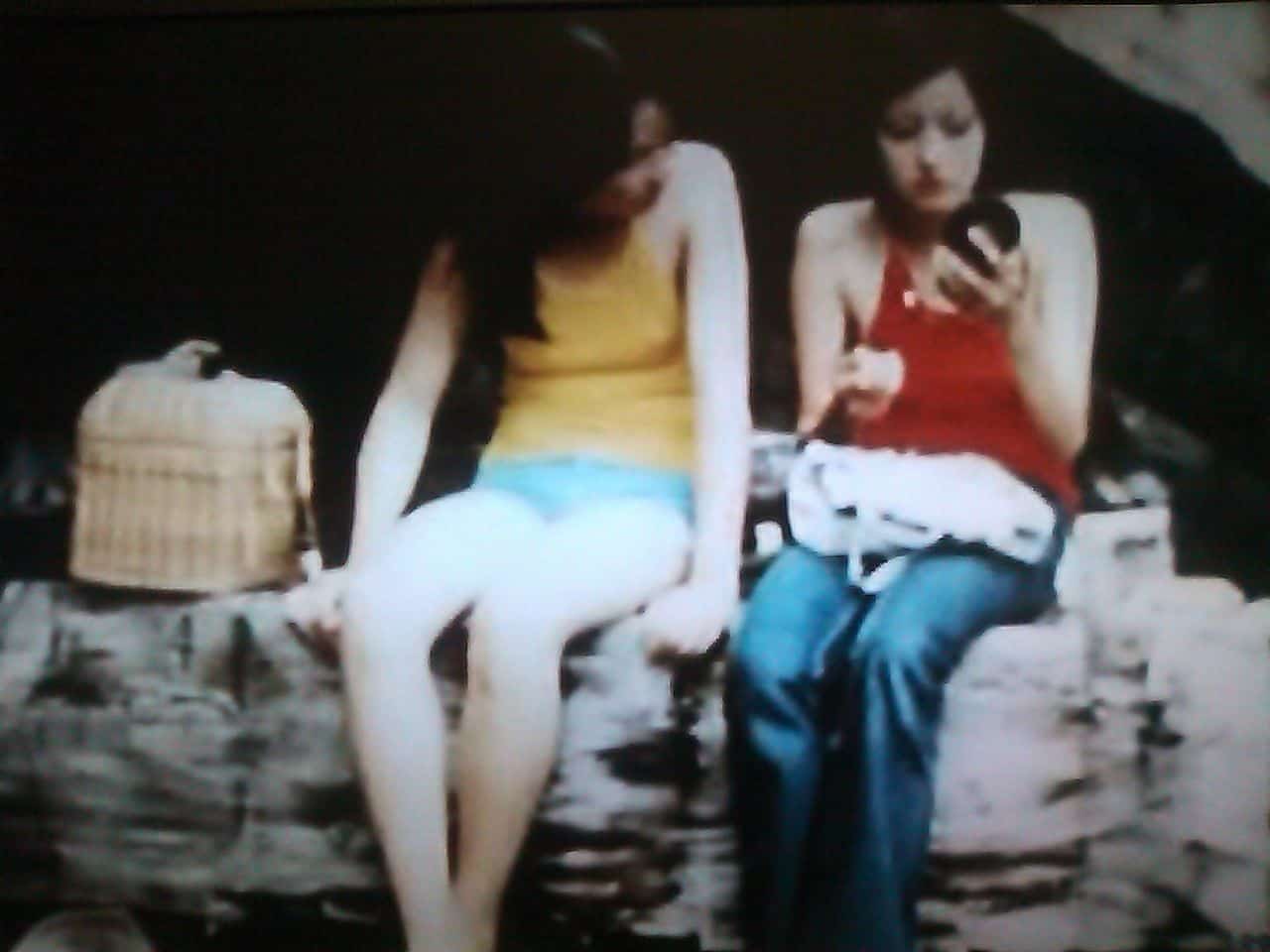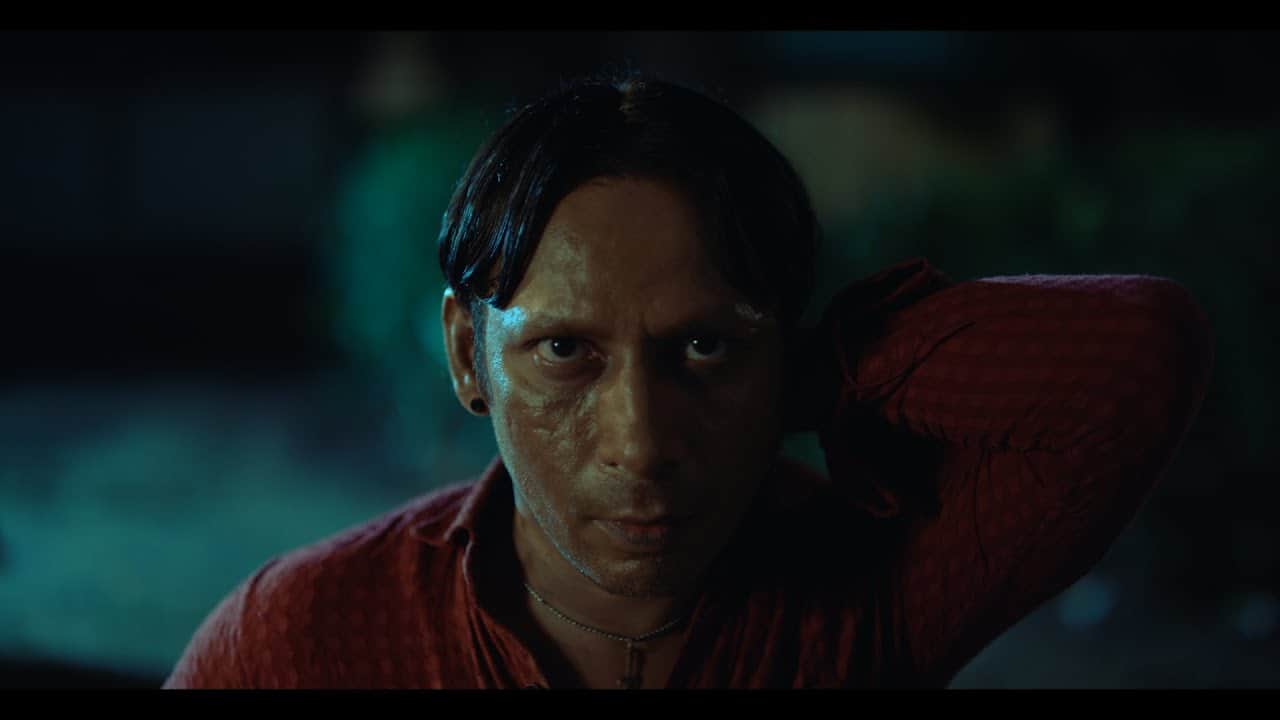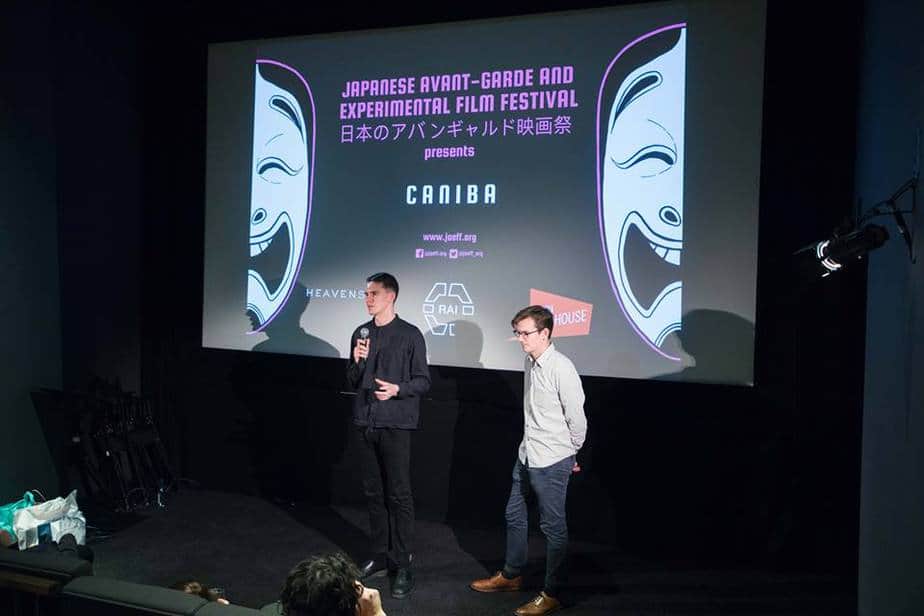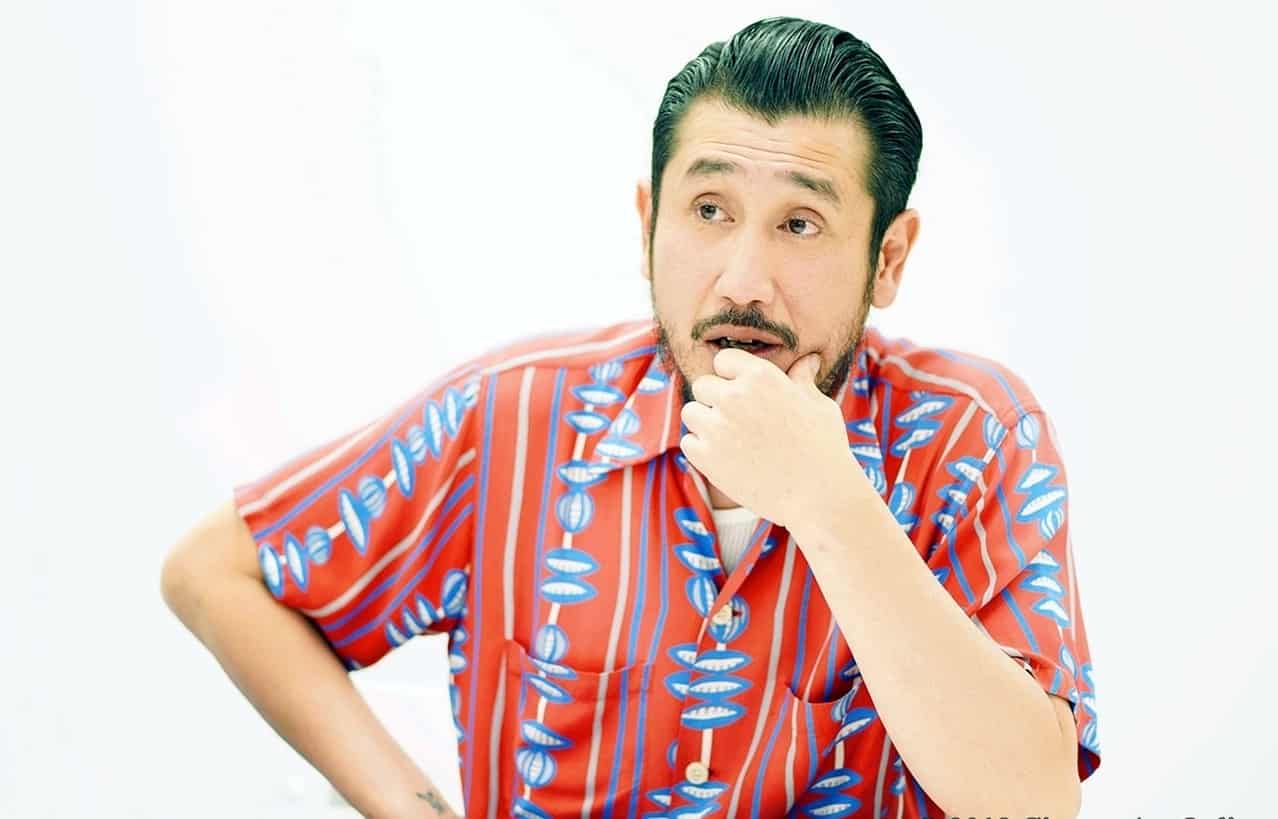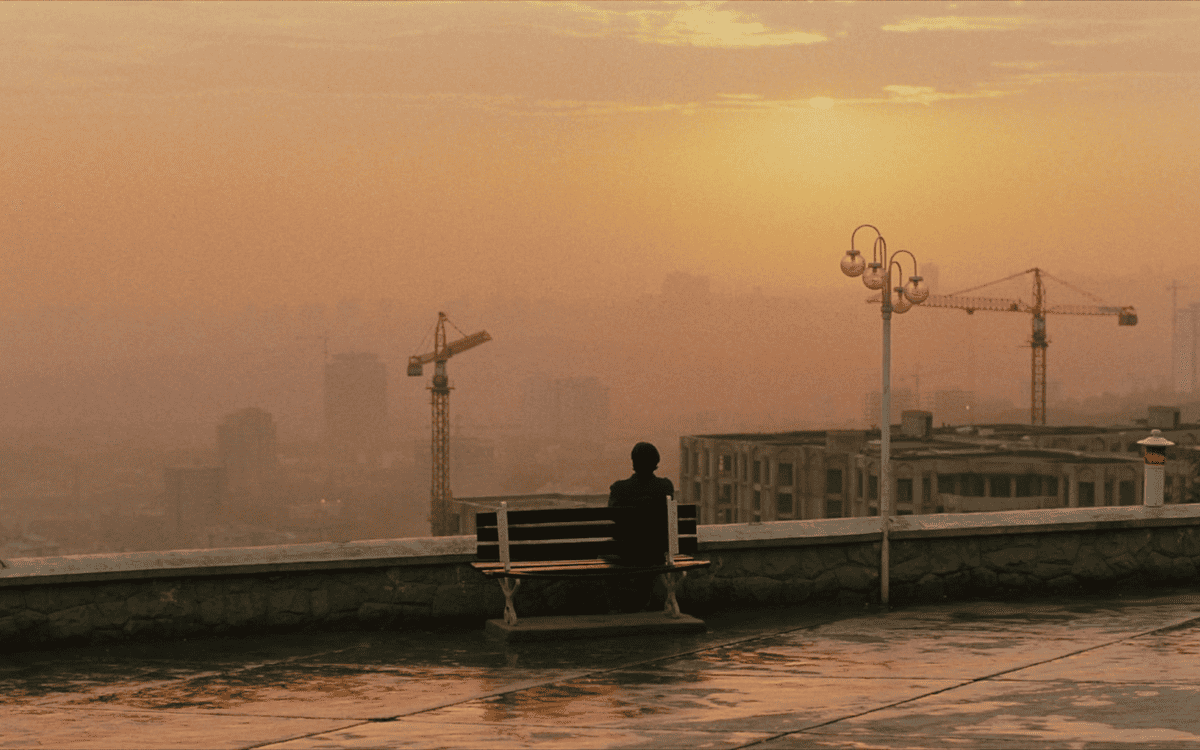Hiroyuki Onogawa – music composer, author of the legendary film scores to ‘August in the Water', ‘Electric Dragon 80.000 V', ‘Labyrinth of Dreams', collaborator for Sogo (Gakuryu) Ishii and Koji Fukada on their life most significant projects. Nowadays working also as a film producer – ‘The Hungry Lion' he co-produced has just been released in Japan. In the interview, Onogawa recollects the times he was a part of the cyberpunk genre and juxtaposes it with the current state of Japanese cinema.
You mentioned in our last conversation that you do not compose film music in order to pull the heartstrings of the viewers. Why is that so?
It might be a bit complex to explain it briefly. For instance, when we have a tragic scene and the music is touching, it automatically explains it. I do not like to explain – one might feel sorrow upon watching a particular scene, but there comes the other who feels exactly the opposite. In other words, the viewer decides how to interpret it. As a musician, I do not want to be in a position of the demiurge who implies what is black and what is white.
You decided to leave high-school and move to France. Did you decide to devote your life to music already at that time?
First of all, I wanted to do music somewhere outside Japan, so I grabbed all the money I had and moved to France. One often becomes one-sided when aiming at a music career in Japan. Since the French culture is much more different than the Japanese, it gave me a broader scope. In Japan, I might have been told to compose touching music – exactly like you just mentioned – that hackneyed genre that pulls the heartstrings of the viewers, since that is such an obvious key to success here.
So your first encounter with Sogo Ishii was at the exhibition dedicated to Yumeno Kyusaku's works?
That's right. It was quite a comprehensive exhibition dedicated to his works, filled of different contents. Sogo Ishii was in charge of the event and my role was to compose the music. That time many artists, especially those living in Kyushu, where inspired by Yumeno Kyusaku's works and so was Sogo Ishii – his ‘Labyrinth of Dreams' is after all based on Kyusaku's novel.
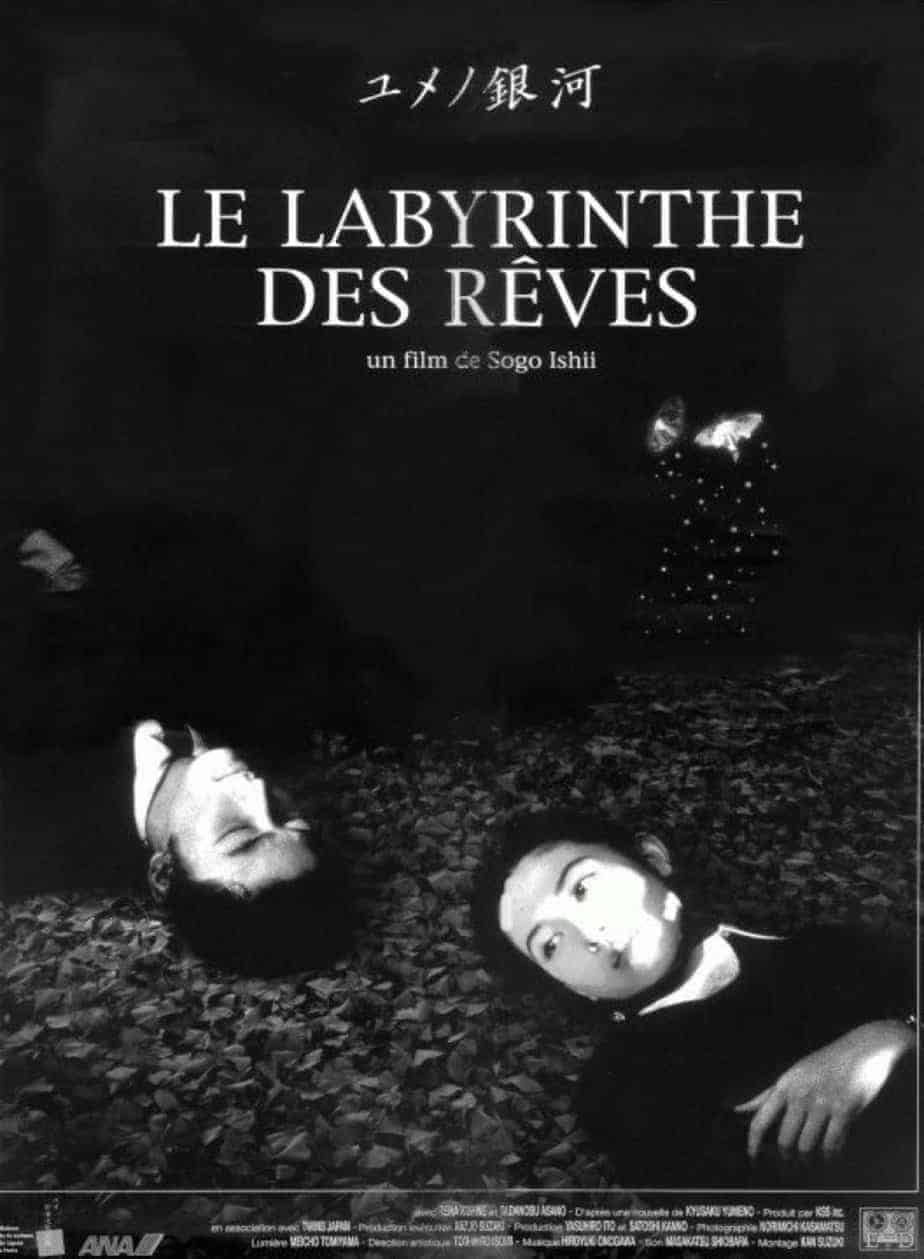
Your film music debut ‘August in the Water' is quite remarkable. One has an impression that after Art Theatre Guild's collapse and the rise of cyberpunk genre, the whole concept of shooting films was revaluated and revitalized. That applies to film music as well, doesn't it?
Since that time, so from the late 80s and early 90s, everybody was going out on a limb and focused on solely one thing until now. However, presently we are also forced to revitalize, so the fact that one is able to reset oneself and do different stuff than those in the 80s and 90s is surely a breath of fresh air. When I watched ‘August in the Water' last time around two or three months ago, I came into a conclusion that it did not grow old, which is quite an achievement.
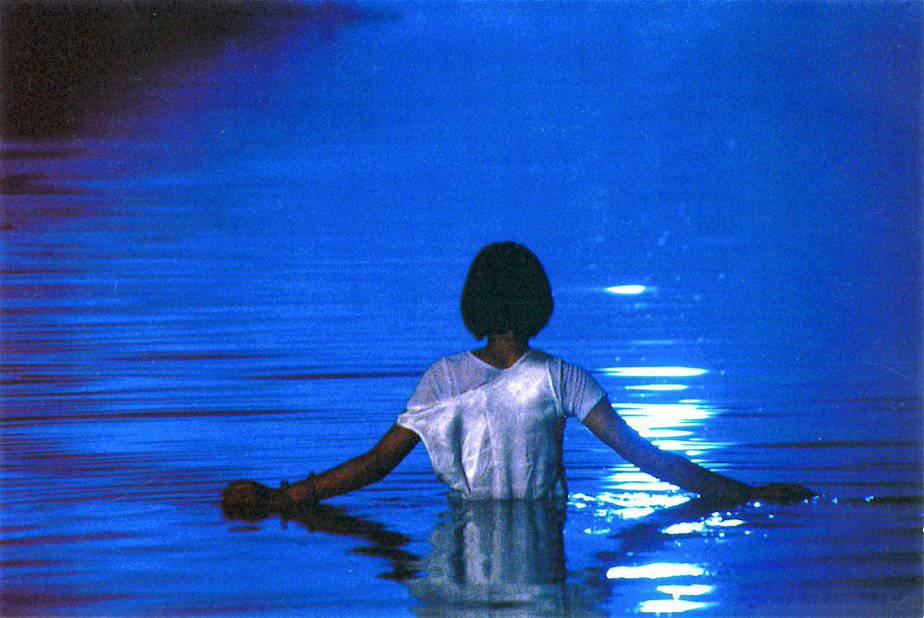
When one listens to the soundtrack of ‘August in the water' and then the themes from Koji Fukada's ‘The man from the sea' one can see an image soaking in blue. The blue color is somehow ubiquitous in the atmosphere even without even the presence of the video itself. Did you receive any special instructions from the directors to follow their vision of the image?
Sogo Ishii and Koji Fukada have one thing in common – they never instructed me how I should compose. They basically gave me a free hand and then eventually upon consultation asked me to alter the tune, but I have never felt restricted in any way. When I now compare the two films, I think that both of them are quite peculiar, to the extent it is difficult to state what was the original country of their production.

From your standpoint as a musician, could you tell the most significant differences between collaborating with Sogo Ishii and Koji Fukada?
As for Sogo Ishii, he always wrote a scenario thinking about the soundtrack. He used to think what tune could match the particular lines. When he wanted to have music in the background – also in the very particular moment – he used to say: ‘I give you three minutes here, so give me the right tune'. Koji Fukada is more liberal in this case and wholly entrusts me with the task.
Could you tell us about your main inspirations, especially when you worked with Sogo Ishii on ‘Electric Dragon 80.000 V'?
Definitely German Einstürzende Neubauten and naturally Nick Cave – they were my biggest idols at that time and I was highly influenced by them. I have to confess that at that time I was not really interested in Japanese music and frankly speaking, I denied its existence.

Not many people know, but both ‘Burst City' and ‘Electric Dragon 80.000 V' were also screened together with live music on. Could you tell about that experience?
Ah, we did those in the middle of the night, around 2am in big clubs and the music was so loud, the venue was about to explode. I remember we did once in Paris and once in Portugal, somewhere in the outskirts of the town. In both cases the public was absolutely enthusiastic about the gig.
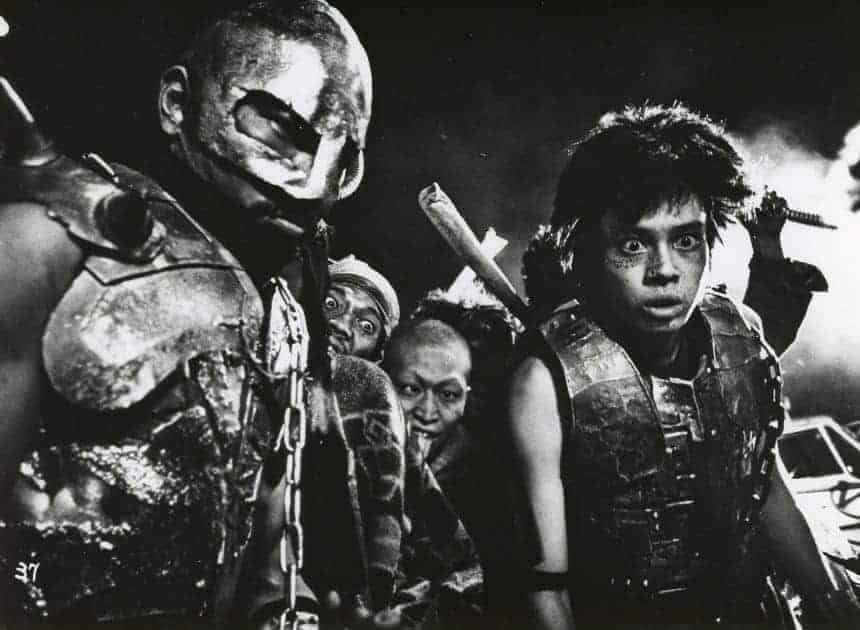
There are quite a few film directors who were inspired by Japanese cyberpunk, one could list the Wachowski Brothers in the first place, but there is also Quentin Tarantino himself thanking Sogo Isihii in the end credits of ‘Kill Bill'.
As for Tarantino, he is an absolute master of creativity, and one could suspect him of fetishizing Japanese class B cinema, but leaving Japan aside, the guy knows exactly what he is doing and has an overall film knowledge. Apparently he said that upon discovering Sogo Ishii's ‘Angel Dust' his concept of filmmaking had slightly changed. I somehow feel that at that time, Japanese film directors were very sensitive about how they were going to be perceived in the West.
How about now?
Now – on the contrary – shooting a movie in Japan is quite a drudgery, sometimes to the point it is considered a miracle, so one has no time to even think how one's work is going to be perceived in the West and is simply focused on Japanese market. In other words, the project and fund raising strategy consume the whole time.
Recently, you do not only compose, but also work as a producer (‘The Hungry Lion' has just been released in Japan), even act in movies. Is it because you wanted to broaden your scope?
Not really. I started having a strong aspiration of being an actual part of the production process, not only watching from the rear. New duties helped me to understand how an actor feels on the set and what difficulties a film producer has to cope with.

We had Japanese avant garde and the rise of ATG in the 60s/70s, then the era of cyberpunk, 90s are called ironically ‘The Lost Decade' – we have a tendency to give names to successive periods. How would name the times in Japanese film world we find ourselves now?
That's a tough one. Nowadays, many creators and artists think about the same, quite synchronically , I must say – namely not how to impress the viewer with the scene setup, but how to use the characters and adapt them to the scene, so as to impresses the viewer. For instance, Koji Fukada's set of ‘Harmonium' wasn't astonishingly innovative, but the development of the characters was original. Thus, now are the times when we concentrate on what our heroes and protagonists we give birth to should actually do with themselves.
